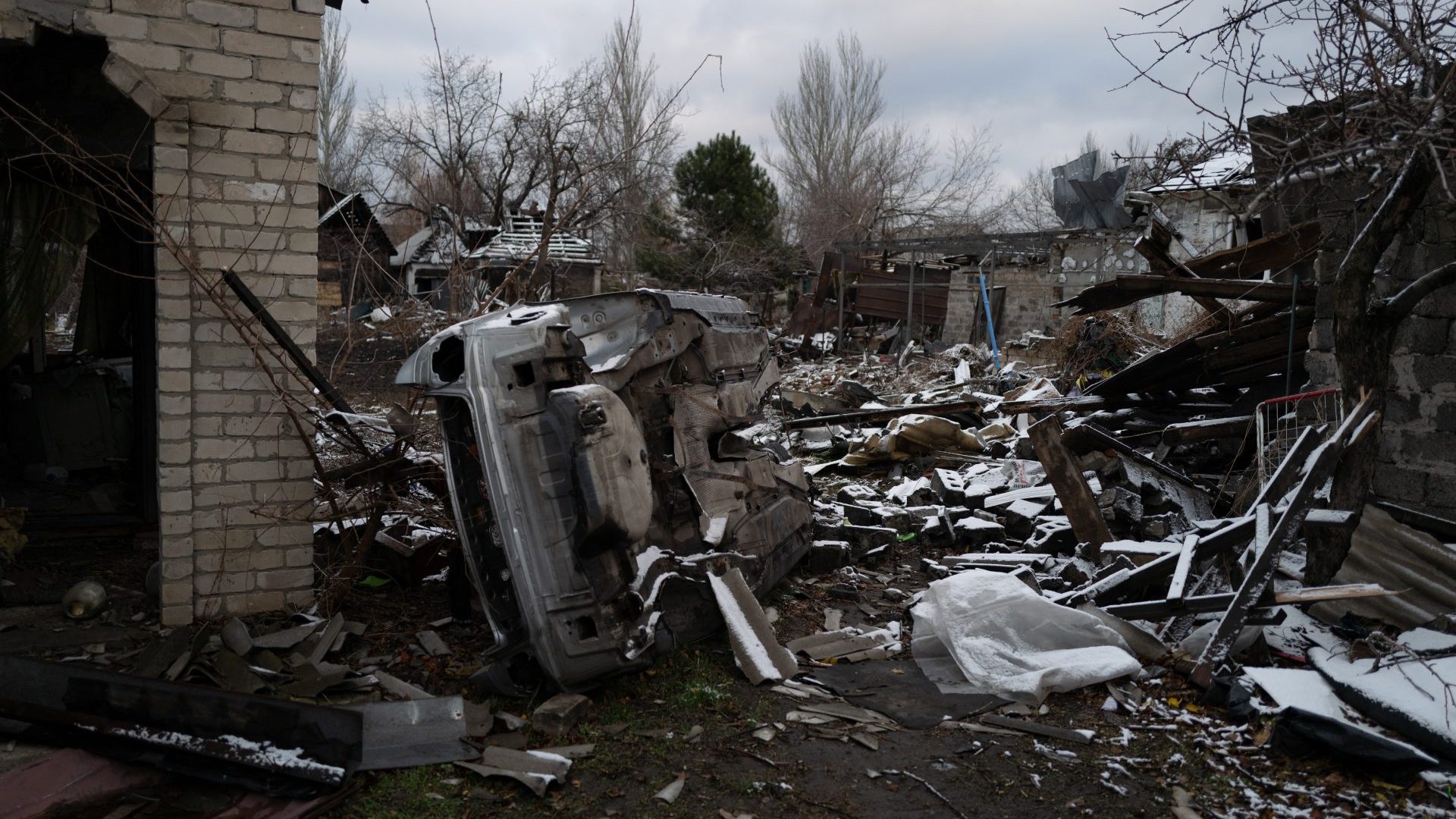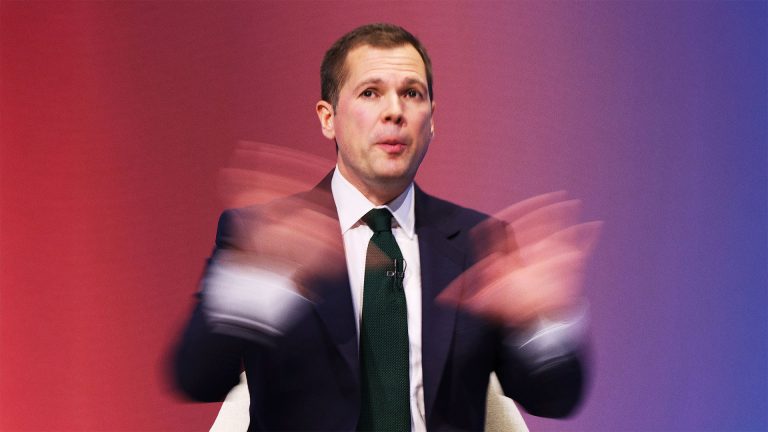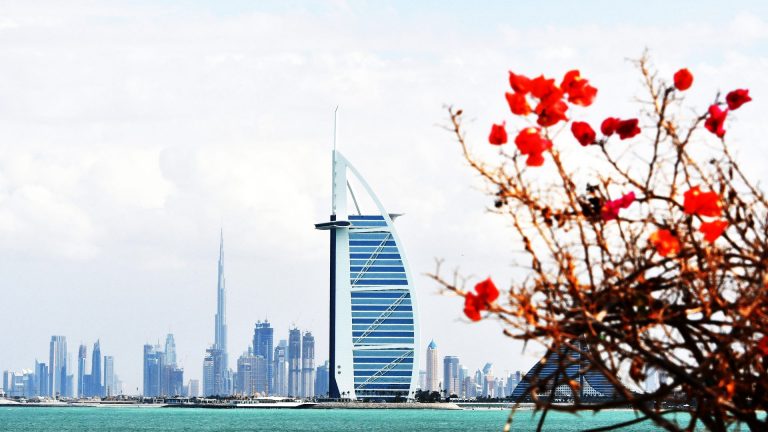I have just returned from delivering vehicles and aid to a paramilitary rescue squad on the frontline of Russia’s full-scale invasion of Ukraine: the city of Pokrovsk in the Donbas.
During the trip, I and other members of the Ukraine Solidarity Campaign met women like Lidia Galkina, who weaves camouflage nets for the armed forces in the trenches. We met miners who work under the terror of being buried alive by Russian bombing. We met NGO workers rescuing Ukrainian children who have been kidnapped by Russia.
These are people who face the horrors of war, day-in, day-out, with resilience and a community-minded spirit.
But since returning to the UK, I have felt nothing but anger and frustration at the failure of our political class to stand in solidarity with those brave people in Ukraine. Instead, the promises made in February 2022 to do whatever it takes to help Ukraine win seem to have collapsed without any explanation.
In Donbas, no one can ignore the urgency of war. The Russians are closing in. They are 3km from Pokrovsk, which is 5km from the large mining complexes where most of the coal for the country’s steel and iron industry is produced.
Most of the 80,000 populace of Pokrovsk have been evacuated. Those who remain – key workers and the elderly – are now targets for Russian drone “safaris.”
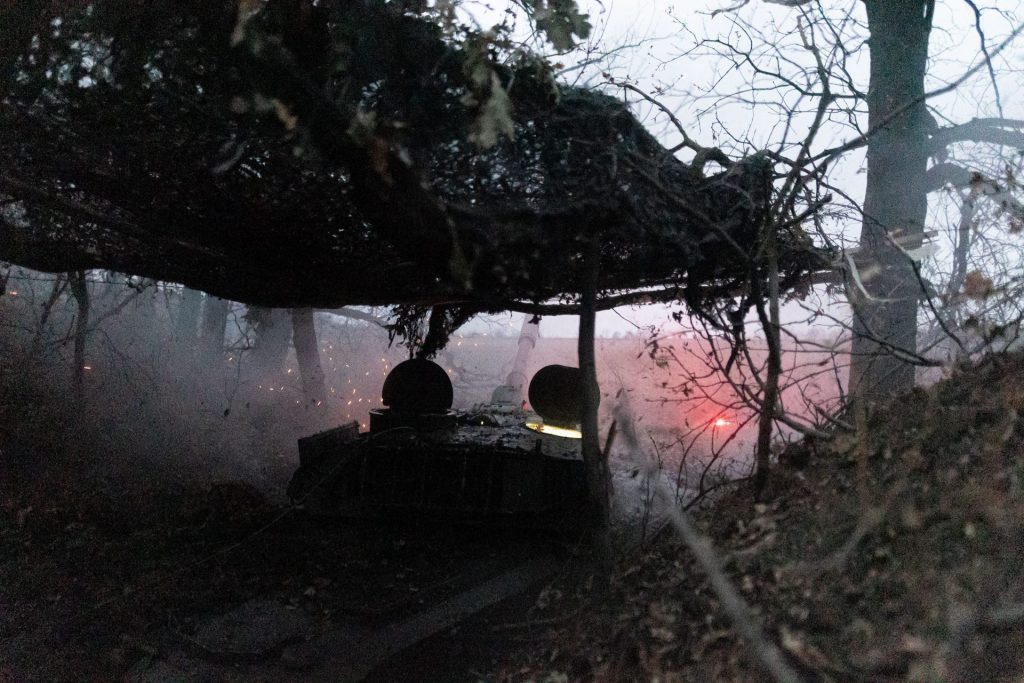
Pokrovsk is the last stronghold in the south-western Donetsk Region. Its loss would be a catastrophe – both strategically and economically. Putin wants to take it at any cost before Donald Trump’s inauguration.
But here in the west there seems to be no sense of urgency to avert this catastrophe. Instead, politicians who yesterday wrapped themselves in the Ukrainian flag are treading water. Ukrainians are expected to await the arrival of the new president and whatever fate has in store from his negotiations with Putin.
In Donbas, where the Russians are literally at the end of the road, there was no talk of ceasefire. Yet we know that unless we act to support Ukraine in this fight, waiting for Trump’s talks with Putin means Ukraine being expected to consign its own citizens to occupation in areas annexed since 2014: a “peace” imposed through western acquiescence in the dismembering of Ukraine. The parallels to the 1938 Munich Agreement are obvious.
What’s more, the danger facing Pokrovsk and further areas of Ukraine is entirely avoidable. The vulnerable position of Ukraine is a manufactured situation, in that it is a direct consequence of the failure to provide necessary aid by key western states.
Aid deliveries from both sides of the Atlantic remain slow and insufficient to shift the balance of forces. This represents a continuation of the failed policy we have seen since the first days of the war: a hesitation and drip-feeding of weapons that means Ukraine has just enough to resist but never enough to win.
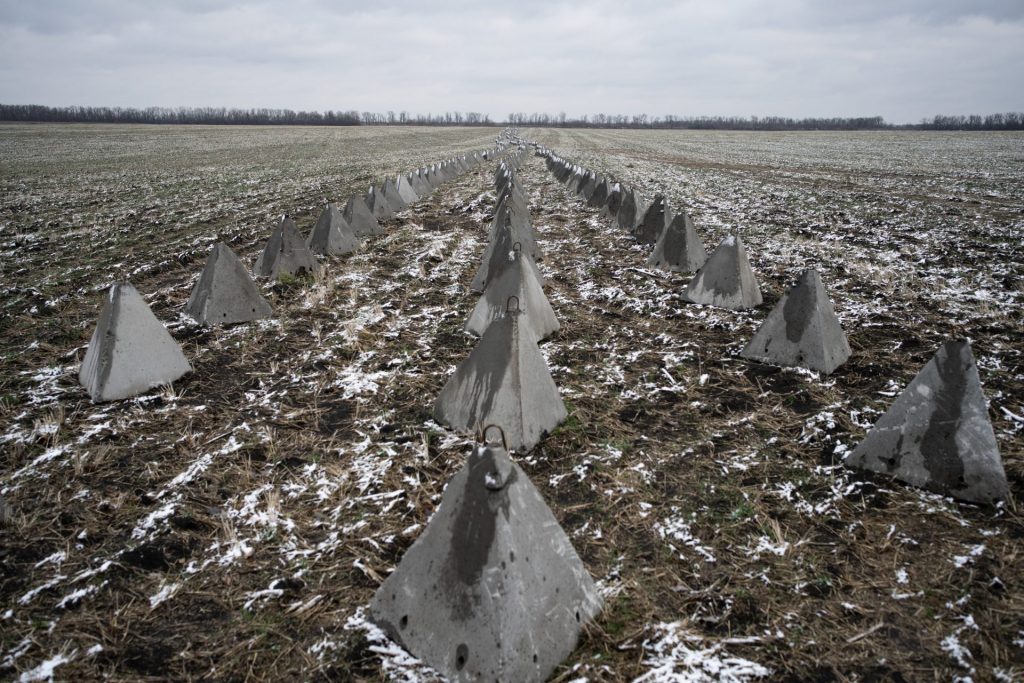
Moscow knows the cautious west has a self-imposed limit and has matched it, continuing their offensive in Donbas with no regard for costs. The mantra of supporting Ukraine “for as long as it takes” instead of arming Ukraine with what is needed to win as soon as possible has been a proven failure.
As prime minister, Keir Starmer has continued this approach. But there is so much more the Labour government could be doing, starting by ending the practice of selling off surplus MoD equipment and instead donating it to Ukraine’s frontline.
The MOD has sold off over 1000 military vehicles and aircraft since the invasion. Volunteers I work with to scrape together funds for vehicles are asking why we don’t just donate it to Volodomyr Zelensky instead.
The UK has donated just 14 Challenger 2 tanks to Ukraine. But with the MOD planning to upgrade only 148 of its 213 tanks, there’s an opportunity to donate the remaining 63 to Ukraine’s front lines. Why are they not doing so?
Scimitar light tanks are still available after decommissioning, as are the 625 Warrior infantry fighting vehicles. Why are they being put up for sale, when they could be donated to Ukraine?
Then there are 26 Typhoon combat aircraft due to leave service at the end of March 2025. Their fate is to be stripped for parts. Ukrainians are asking why British Typhoons can be used to shoot down Iranian missiles over Israel but not Iranian drones over Ukraine.
Where there has been progress, it has been too little and too slow. The MoD has promised that 30 soon-to-be retired 155mm guns will go to Ukraine. This is good news: but Zelensky’s soldiers must wait until sometime next year to get them – why not now?
If the UK is to keep its promise to Ukraine, it should start by donating its arms surplus, not selling them. I and Ukrainian colleagues met with Tanmanjeet Dhesi MP, chair of the defence committee, to request this and other aid. We argued that the UK must provide an urgent surge in military aid to prevent the fall of Pokrovsk, to stabilise the frontline and sustain resistance if no agreement acceptable to Ukraine is achieved.
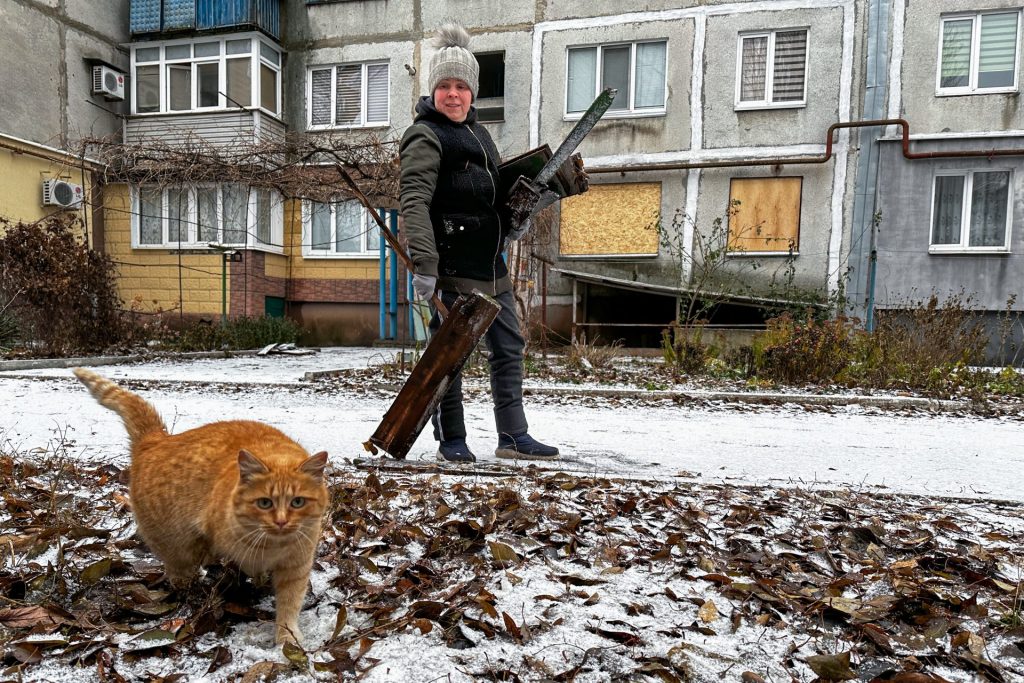
We are still waiting to see how Mr Dhesi and the Secretary of State for Defence respond to this urgent situation.
Recent history has taught us the way to end the war is the complete withdrawal of Russian forces. While Russia occupies any part of Ukraine it will be impossible for Ukrainians to determine their own future freely in peace. There is no time to wait and see what Trump does, or to play politics with Ukrainian lives.
Let us recall how in 2014 a surge of western aid helped Syrian Kurds push back Islamic State at the town of Kobane – it was a symbolic defeat and turned the tide on IS. The Labour government has declared it will step up its ‘international leadership on Ukraine’. It must now ensure that like Kobane, Pokrovsk must not fall.
Christopher Ford is secretary of the Ukraine Solidarity Campaign ukrainesolidaritycampaign.org

